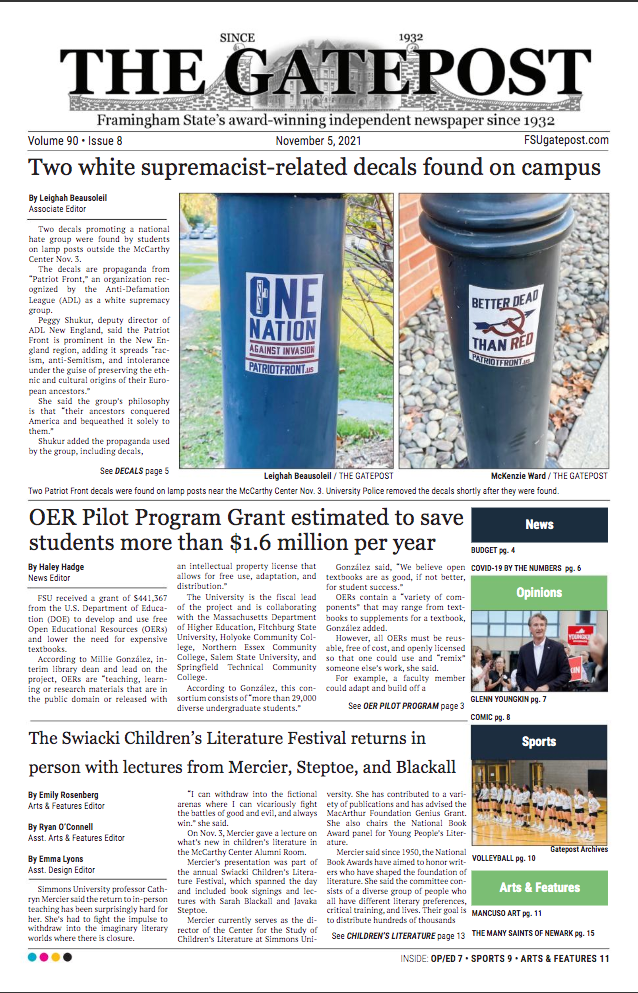FAQ - What language should I use?
- Leighah Beausoleil
- Dec 13, 2021
- 2 min read
For my job at Framingham State’s Chris Walsh Center for Families and Educators of MetroWest, I recently read Sincerely, Your Autisitic Child for a virtual book discussion we held.
In the book’s “Letter from the Editors” (Emily Paige Ballou, Sharon daVanport, and Morenike Giwa Onaiwu), the editors discuss how from entry to entry some writers will choose to use person first language, while others may choose not to.

This is their autism - they get to choose how they want to be referred to.
So, when writing about a group or community of people with identities you do not share yourself, it is important to educate yourself on what language these communities prefer when being referred to.
This discussion came up recently when writing an editorial for my University’s student newspaper, The Gatepost. We were discussing how conversations surrounding the change of our seal and logo that currently depicts a Native American are on hold.
The discussion was about what is acceptable to refer to Native Americans as. Some Native Americans are OK with being referred to as American Indians or simply Indians, while others don’t like it at all. All-in-all, it’s best to be as specific as possible and refer to Native Americans by their tribe if applicable. However, in this case that was not completely possible.
The same can be applied when it comes to referring to Black people as people of color. If we are specifically talking about Black people, we should not refer to them as people of color.
This is why Associated Press style recommends not using the acronym “BIPOC” (Black, Indigenous, people of color). The term is too broad.
My rule of thumb has become, if some don’t like it - don’t do it.
Some people who have autism are OK with being referred to as an autistic person, while others don’t like the identity first language because they feel they are more than just their autism.
The Office of Disability Rights has created a list of outdated terms and a guideline on what to say alternatively.
Discussions such as these are not limited to the world of journalism. Time and time again, I have seen this debate come up on social media platforms, such as TikTok. Though I can’t find the original video, I remember a man coming online who was clearly upset because he didn’t like autism first language because he felt he was more than his autism.
The simple solution is: if some don’t like it, don’t do it.
Yes, the Associated Press says you can refer to Native Americans as both Native Americans and/or American Indians, but why would I choose to use the latter when I know it is offending people from that community?
Choosing to use the right language is not difficult and at the end of the day allows you to speak about a community in a respectful manner.
In the end, what people want to be referred to as is up to them and being as specific as possible is most important.




Comments